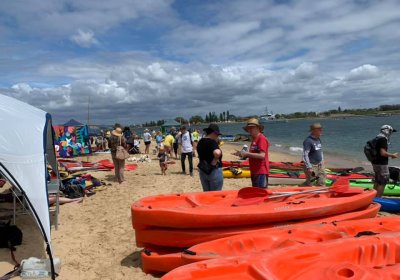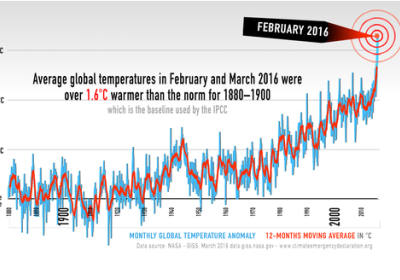Phil Sutton liked to define the big picture goals and “backcast”, instead of forecast, what would be needed to get there from here. Ben Courtice reflects on his contribution to the climate change movement.
Beyond Zero Emissions (BZE)
Pip Hinman argues that Scott Morrison's much-belated conversion to net zero emissions by 2050 is nothing to celebrate.
Protests to demand jobs and a safe environment are still necessary or we face the recurring nightmare of last summer's bushfires, argues Steve O'Brien.
Several detailed studies have now shown up the “gas-led economic recovery” plan as a fraud. Peter Boyle argues that the corporate sector cannot be trusted to make the urgently-needed shift to decarbonise.
On June 24, Lord Mayor Clover Moore called on the City of Sydney council to declare a climate emergency. The motion passed unanimously, and Sydney joined a snowballing list of councils globally that have made similar declarations. But as the dust of the federal election settles and a sleepy giant begins to stir in the Galilee Basin, what will be the significance of Sydney council’s words, asks Reece Gray?
Aspiring PM Bill Shorten’s promise on April 23 to help boost gas companies’ bottom lines is as much about currying political favor with corporate mates as it is perpetuating the fiction that more gas will reduce energy prices, writes Pip Hinman.
This Autumn heat wave across the eastern states should remind us that we have less and less time to deal with the catastrophic consequences of an unscientific energy policy.
We live in an era of catastrophic anthropogenic climate change and yet horse-and-buggy politicians, such as Tony Abbott MP and PM Malcolm Turnbull, continue to insist that we still need coal-fired power.
In the three months to June, Australia's greenhouse gas emissions reached a record level, with the annual emissions on track to surpass the previous peak in 2009, according to the latest National Energy Emissions Audit published by The Australia Institute.
About 100 people attended a community celebration in Port Augusta on September 2 to mark a huge win for the local community: the state government’s support for Australia’s first solar thermal power plant with storage in Port Augusta.
This was the culmination of a seven-year campaign and it will have a far-reaching impact on the future of renewable energy in this country. US company SolarReserve will begin construction of the 150MW plant in 2018. It is expected to be completed in 2020.
Community campaigners rallied in Port Augusta on April 30 to make a final call for the South Australian government to build a new solar thermal power plant in the town.
- Page 1
- Next page











